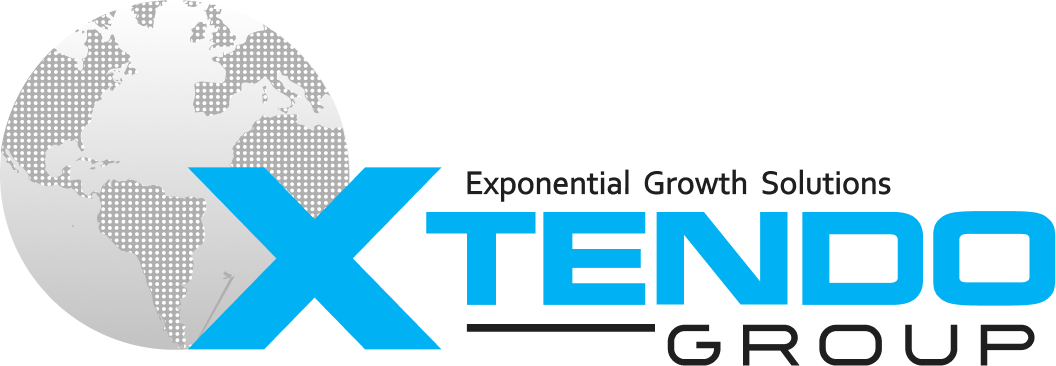February 9, 2022
The pandemic presented an unprecedented challenge in labor history: remote work. In this context, this alternative has proven to be an important tool in ensuring the operational continuity of businesses.
The benefits are clear and visible to all: reduced commuting time and the ability for employees to focus on their tasks. Furthermore, flexible working hours and the freedom to work outside the company’s premises have become a positive factor. However, this flexibility should not be an excuse for promoting isolation and the loss of contact with colleagues.
According to the document “Teleworking during and after the COVID-19 Pandemic” by the International Labour Organization (ILO), only a fraction of the workforce worked from home. For example, within the European Union, the incidence varied from 30% or more, with countries like Denmark and Sweden at 10%, as well as the Netherlands. In the United States, the figure rises to 20%, in Japan it’s 16%, and in Argentina, only 1.6%.
In this regard, the management of practices within companies must adapt to the situation, both to establish priorities and to handle objectives, workload, tasks, and deadlines.
To achieve this, it is essential that the entire team is managed under three fundamental pillars: performance management, communication, and digitalization, as recommended by the ILO. But before this, it is necessary to address a key point: trust.
Build Trust with the Team
Before focusing on communication pillars, it is crucial to build trust, as this ensures that teams adapt to the work pace expected by the organization. This way, objectives will be met with transparency and confidence in their execution.
It is suggested that leaders organize monthly extracurricular activities to create integration spaces that also align the company’s expectations. The idea is to strike a balance between the employee’s personality and the responsibilities they need to perform during the day.
In addition, active breaks should be taken to provide movement for the body and oxygenation for the brain, so the employee feels comfortable in their workspace. To increase effectiveness and productivity, many people opt for the Pomodoro technique, which divides work into time blocks separated by short breaks, usually five minutes. The goal is to improve results.
How to Focus the Company’s Objectives?
The pillars recommended by the ILO are measures that must be adopted. The first step is to recognize the organization’s priorities, conduct a skill assessment among employees, encourage employees to speak up if they feel overwhelmed, and acknowledge that time away from connectivity is necessary to do tasks well.
Now, knowing these premises, it is important to develop the three pillars for positive results with teams working from home:
Performance Management
This is undoubtedly the pillar that organizations emphasize the most because it is based on the team’s performance and fulfilling the entire strategy designed.
The ILO considers it important that teleworking be based on dialogue, cooperation, and employees, as stated in the aforementioned Guide. Furthermore, the best method is the process known as results management, where management and employees establish a common method for evaluating productivity.
The management process will include setting objectives, tasks, supervision, and discussions about the ongoing process. The goal is to make tasks flexible without pressuring employees. Also, it is essential to keep in mind that:
- Be clear about expected results, i.e., be specific about what is expected from the employee.
- Provide timely, regular, and descriptive feedback to the employee.
- Offer positive responses to well-done work.
- Prioritize video calls for performance-related conversations.
Digitalization
This point refers to the use of technology such as cloud computing, programming tools, and online applications or platforms that facilitate remote access and collaborative work, an example being Microsoft Teams.
Digitalization is advancing so rapidly that it is necessary to keep employees in constant learning to prevent them from feeling unprepared for the drastic changes occurring today.
To achieve productivity similar to that of the office, the ILO states that it is necessary to ensure teams have access to technology and tools. It is also important, as mentioned, to establish continuous dialogue to detect any difficulties in using platforms. Additionally:
- Review the technological needs and resources of the employer working from home.
- Include reimbursement options in telework policies to support employees who provide equipment, internet, and communication tools for achieving company goals.
- Offer constant training on the tools to be used.
Communication
If one point must be clear, it is that remote teams face more communication challenges than those working in-person. When employees are separated for long periods, professional isolation intensifies, so maintaining effective communication with clear messages is vital for continuous information flow.
Organizations should consider the following:
- Establish a centralized repository for all company updates, changes, and internal processes.
- Set communication norms regarding preferred response times, style, and tone of writing.
- Allow employees to use tools they find most effective and easy to use.
The Importance of Health

Health is important, and companies must also ensure that their teams are in good condition because stress and concerns for many intensified with the onset of the pandemic. According to a survey by the Kaiser Family Foundation shown in the ILO document, nearly half of adults in the United States have been affected by mental health issues.
Many studies show that the intense confinement period triggered anxiety, depression, stress, irritability, insomnia, anger, and emotional exhaustion. It is crucial for team leaders to engage in active listening to determine if any employee is going through a particular situation. Holding one-on-one meetings to understand concerns can help foster closer and more empathetic connections. Some companies are investing in platforms that offer emotional well-being support for organizations, such as ifeel, a holistic solution that enhances motivation and talent retention by addressing various aspects.

